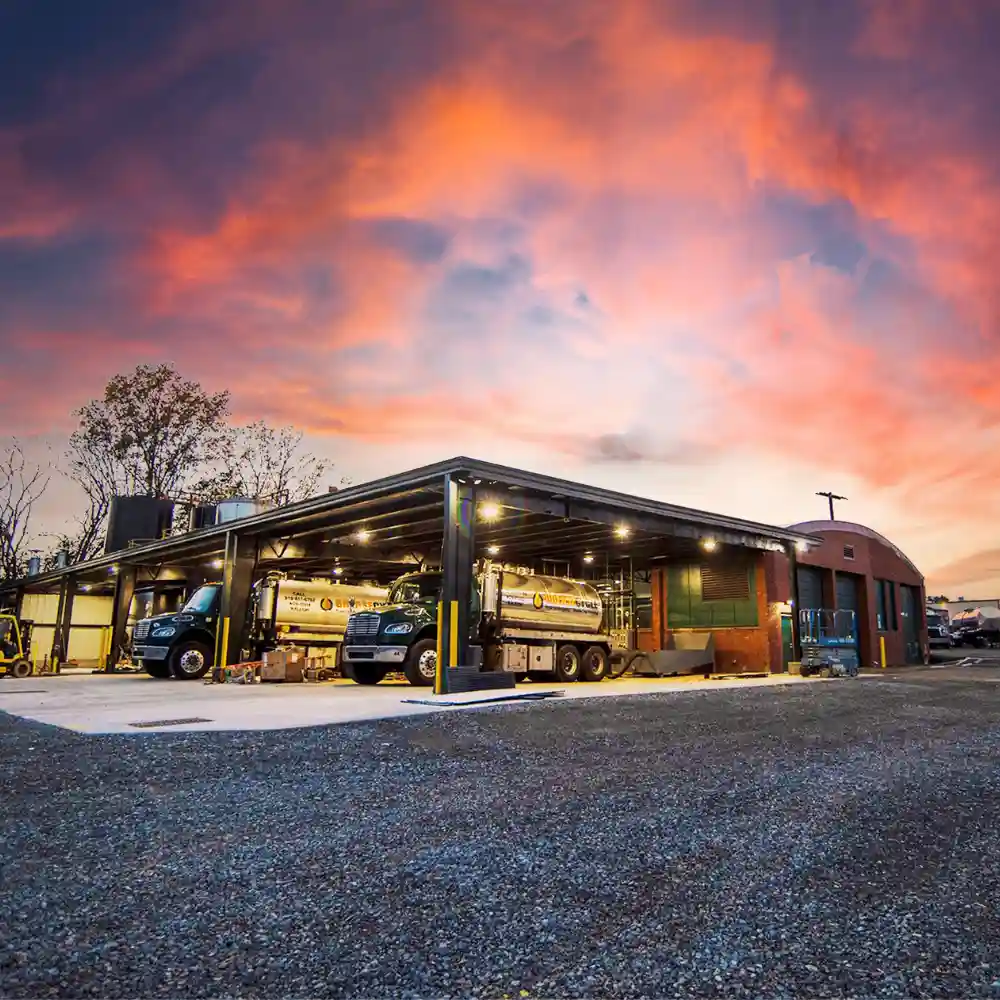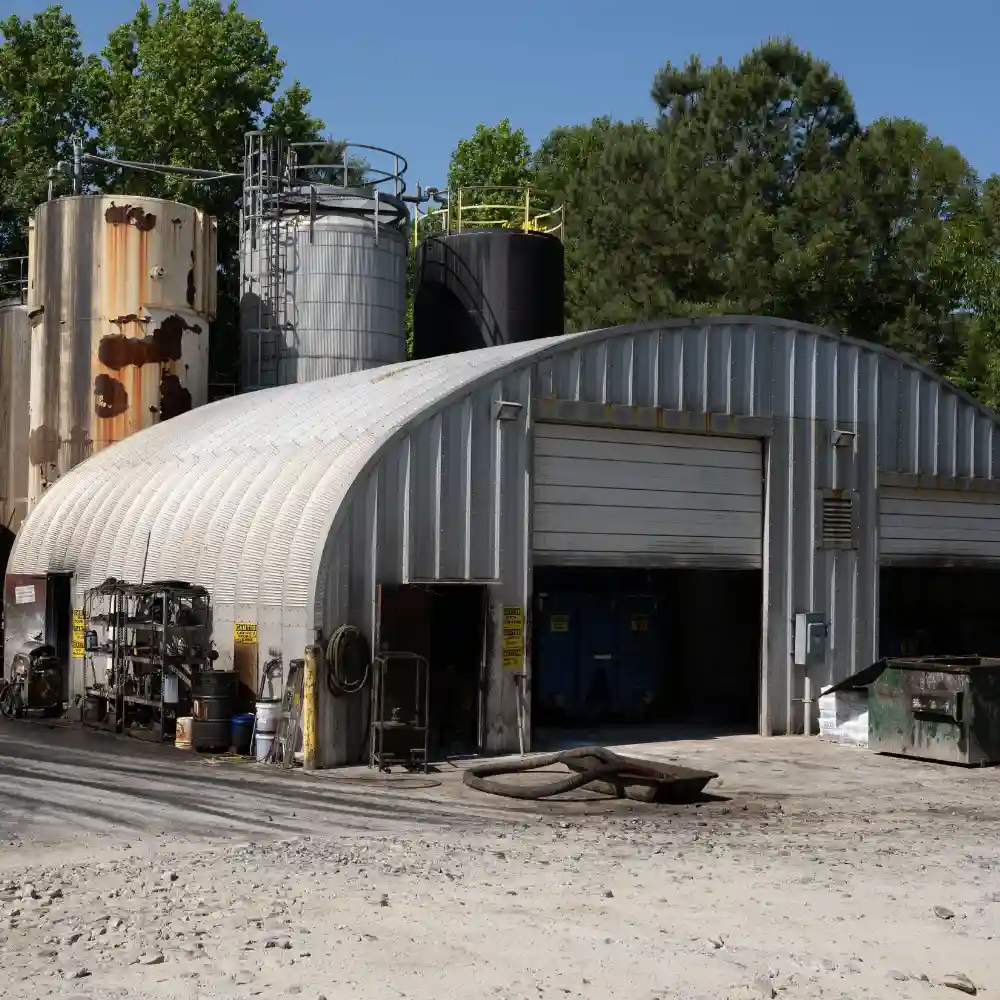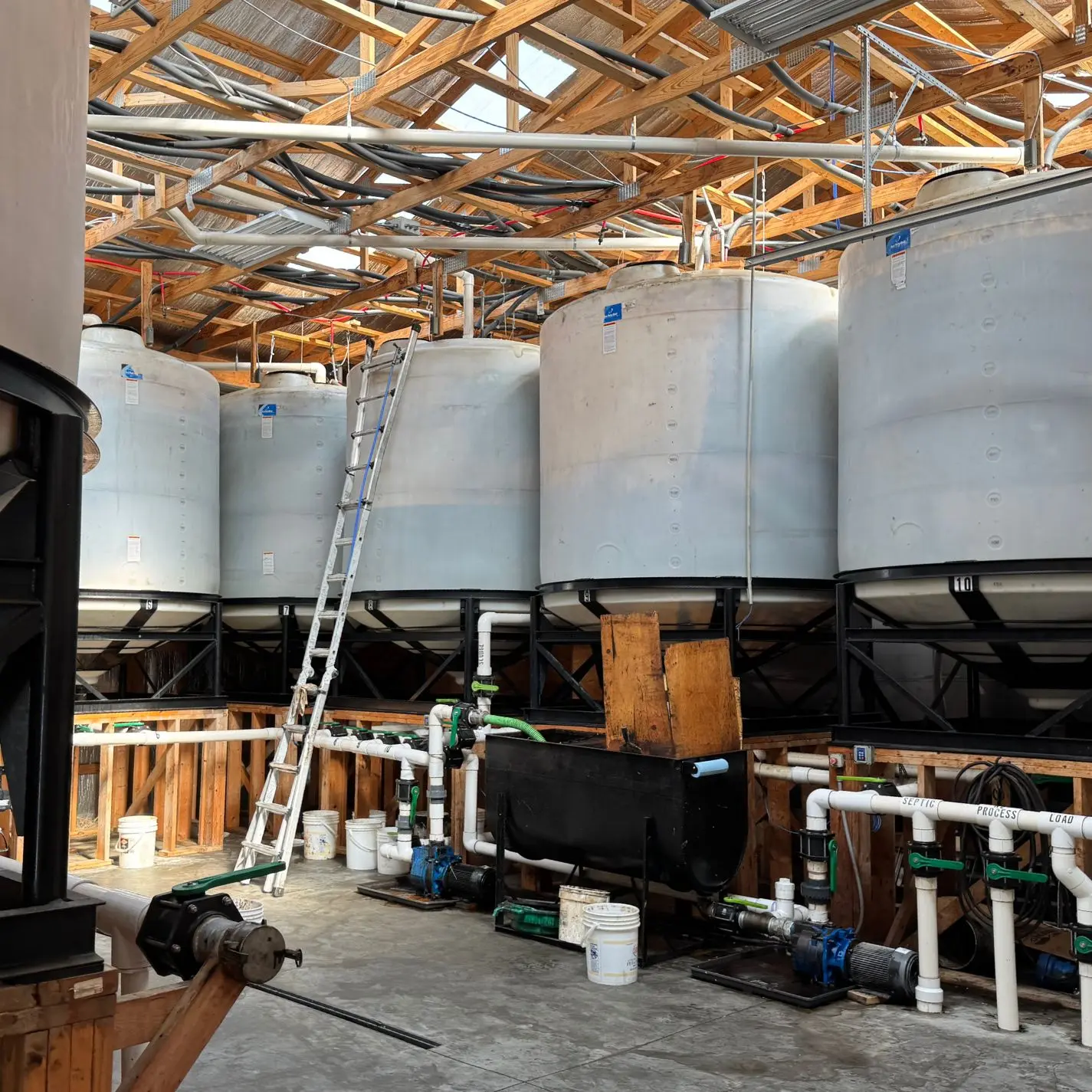Grease Trap Overflow? Drains Backed Up?
STOP. We’re on our way.
Right now, every minute your kitchen is down costs you money and damages your reputation. You don’t have time for guesswork or a company that might show up. You need a certified specialist who can fix the entire problem; the trap and the lines; in one visit. That’s what we do. At Greasecycle, we understand the urgency because we live in this industry, just like you. When you have a grease trap emergency, you make one call, and we handle the rest. We get you back open, fast.



★★★★★ 5.0
from 100+ reviews
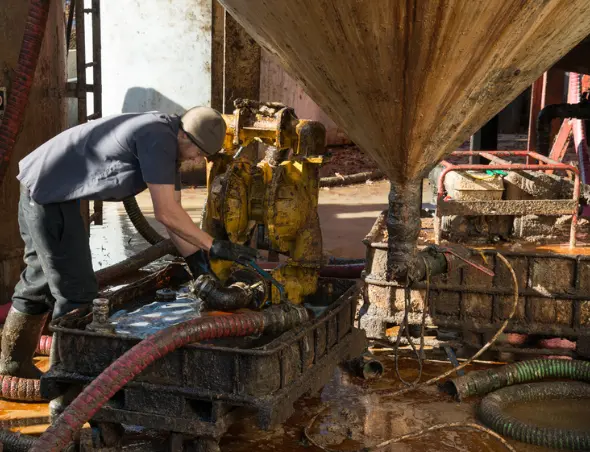
Technician operating specialized FOG separation equipment to process and transfer recovered fats, oils, and grease into valuable renewable resources.
★★★★★
Greasecycle is always reliable and very responsive whenever we call the office. We switched services from our prior vendor over 5 years ago and never looked back!
★★★★★
This is one of the best companies I’ve ever worked for. They really care about their clients and the staff is acts more like family than employees.
★★★★★
I’ve worked at multiple restaurants in the Cary area and we ALWAYS use Greasecycle. Their drivers are the best and we never even have to call for a pick up. I totally recommend them
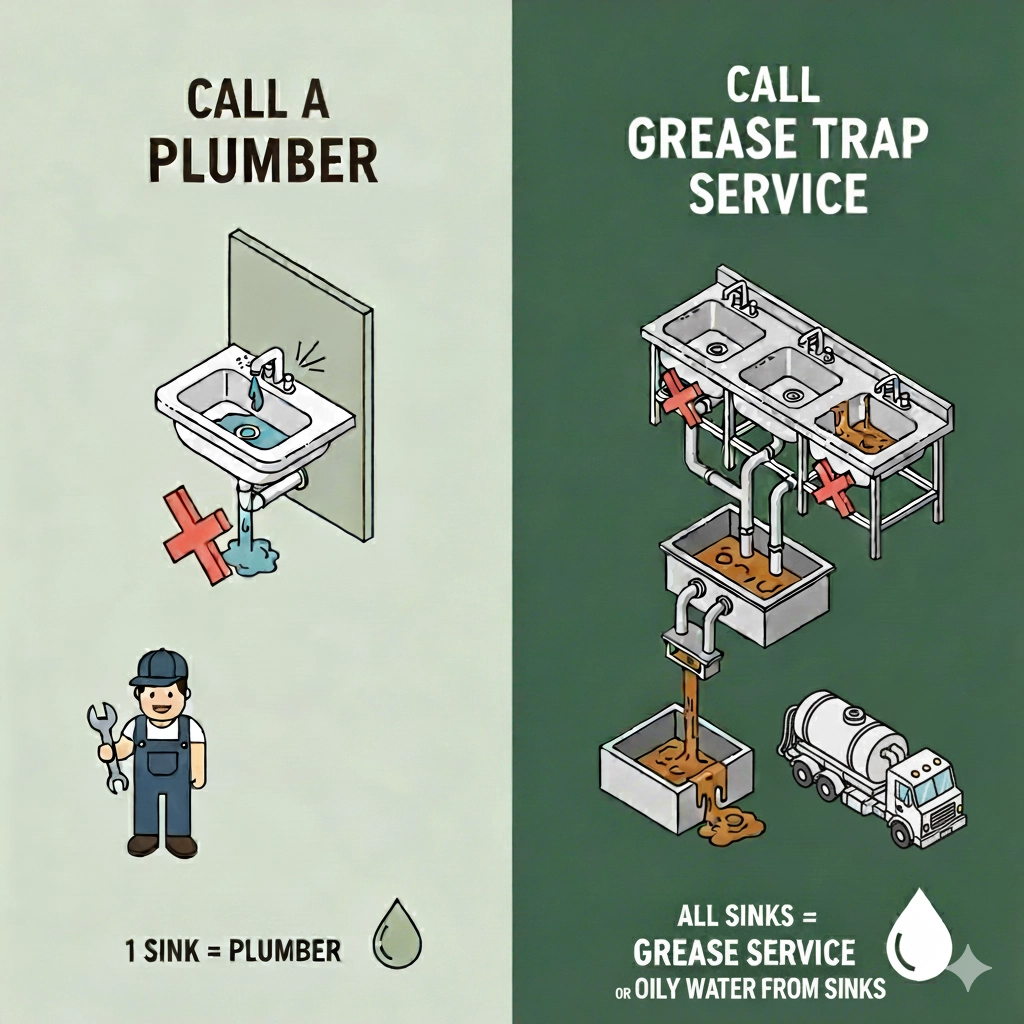
Is It Your Grease Trap or a Deeper Plumbing Issue?
When your drains back up, the first question is always: where is the blockage? Wasting time and money on the wrong solution only makes the crisis worse. A general plumber might not have the specialized equipment to handle a severe grease clog, and a simple pump out might not clear the lines that caused the problem. This quick diagnostic can help you determine the source of your emergency.
If only a single sink or floor drain is backing up, the problem is almost certainly a full grease trap that just needs a pump. However, when multiple fixtures like sinks, toilets, and floor drains are all clogged at once, the blockage is in your main sewer line and requires high pressure hydro jetting to clear it properly.
Trusted by The Best Kitchens Since 2009
6,500+
Restaurants served
23M+
Gallons of UCO recycled
80,239
Tons of CO₂ saved
Here’s What Happens the Moment You Call
We eliminate the chaos by following a precise, professional emergency protocol. You’ll know exactly what’s happening from the moment we answer the phone.
1) Immediate Dispatch (We’re Already Moving)
Our 24/7 dispatch team will get your location and key details. A GPS tracked truck with a certified technician is immediately routed to your business. We’ll give you a real-time ETA you can count on.
2) On-Site Triage & Containment
The first thing our technician does upon arrival is assess the situation and work to contain the overflow, minimizing damage and safety hazards for your staff.
3) Full System Evacuation (Pumping & Jetting)
We don’t just fix half the problem. We pump the grease trap completely to remove the immediate blockage. Then, we use high pressure drain jetting to scour the lines leading to and from the trap, eliminating the hardened grease that caused the overflow in the first place.
4) Cleanup & Verification
After service, we clean the affected area. We then test every drain to ensure your system is flowing perfectly before we leave. You get digital, time stamped paperwork that proves the emergency was resolved in compliance with health regulations.

Stop Losing Money to Inadequate Grease Management
We Resopond back to you ASAP.



★★★★★ 5.0
from 100+ reviews
Our 24/7 Emergency Service Areas
Our rapid response fleet is ready to deploy across North Carolina, South Carolina, and Virginia, including all major metro areas from Raleigh and Charlotte to Richmond and Norfolk.
Testimonials
We love our customers
Customer happiness is at the core of our business model. If our customers aren’t succeeding, we’re not succeeding. See what they’re saying below.
I have been working with greasecycle for almost a year and have no complaints. James made sure I have ample room for my disposed oil and the regular clean outs of the bins are quick and on time. If you are questioning your services now give them a call. I’m glad I did!”

Shelton Franks
★★★★★
I don’t use Greasecycle for their services, but my customers do. I have referred business to them and they have always been prompt to call back. While networking in the hospitality industry, I always ask my customers what vendors they use, Greasecycle’s name comes up most of the time, and with great feedback. Keep up the great work.

Charles Grandson
★★★★★
I love working with Greasecycle!! Family owned and operated business! Attentive and responsive to our needs as a business. I would recommend them to any restaurant who is opening up!!

Jeffrey S.
★★★★★
I’ve worked at multiple restaurants in the Cary area and we ALWAYS use Greasecycle. Their drivers are the best and we never even have to call for a pick up. I totally recommend them

Susan Miller
★★★★★
Trusted by the biggest brands on the planet
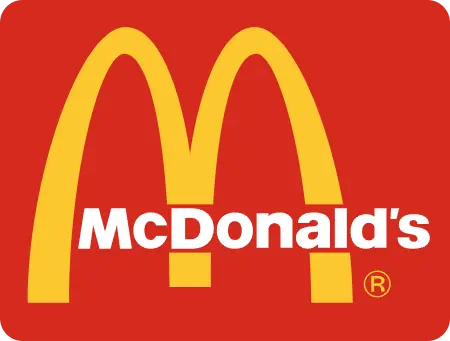
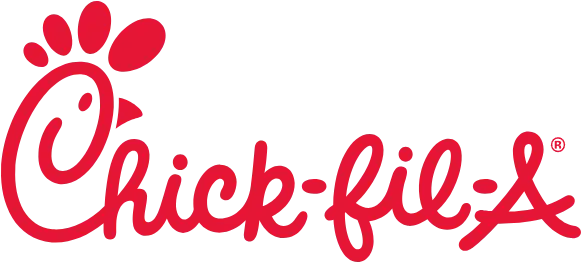
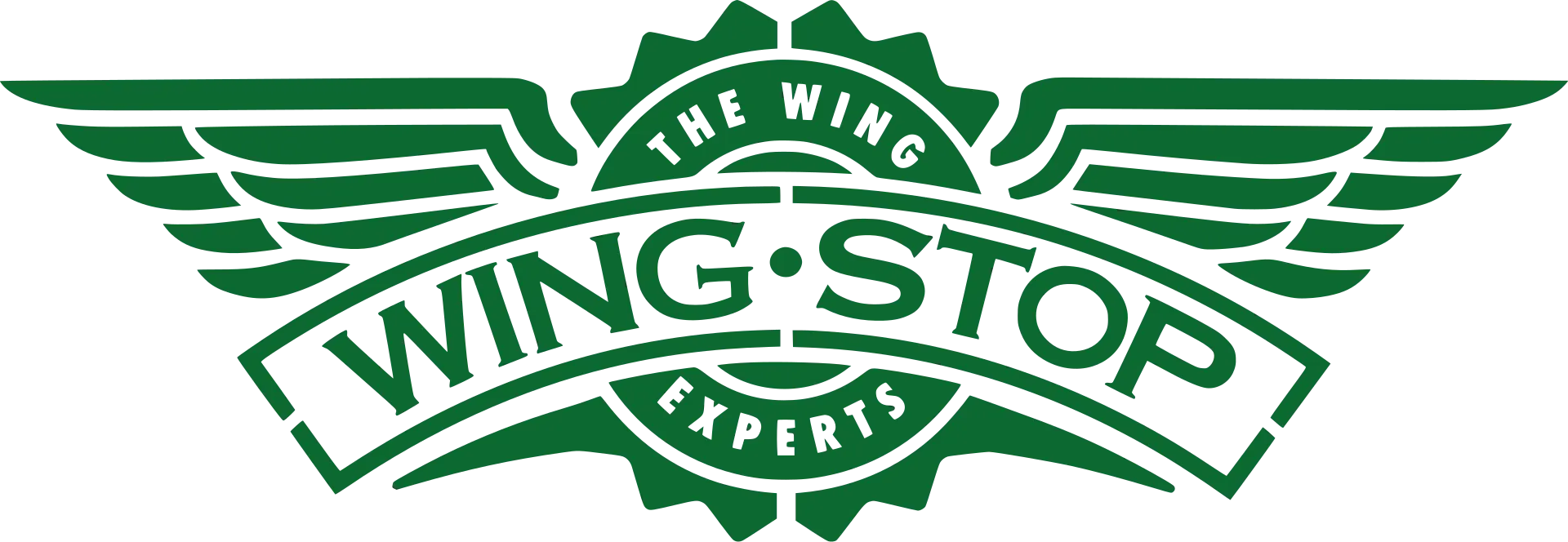
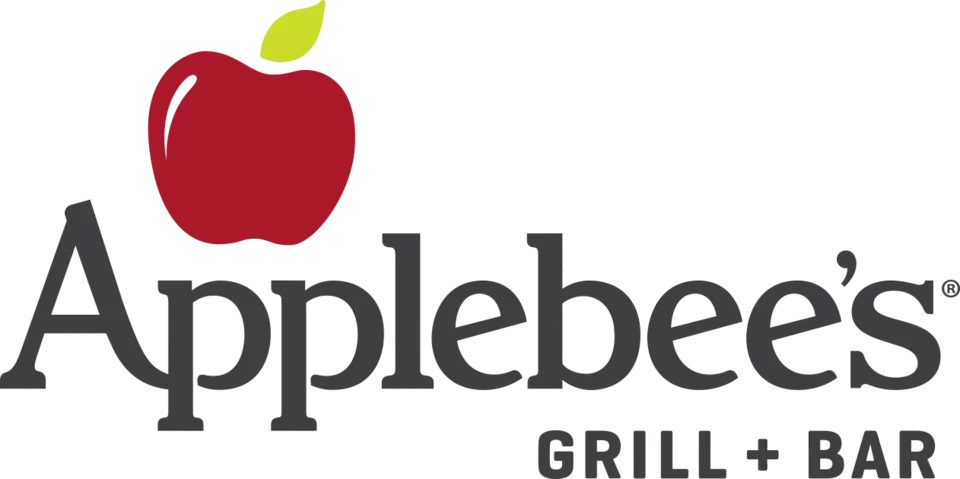
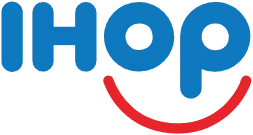

Your Kitchen is Shut Down. Let’s Get It Open. Now.
Stop reading. Start dialing. A professional is standing by to get your business back up and running.

